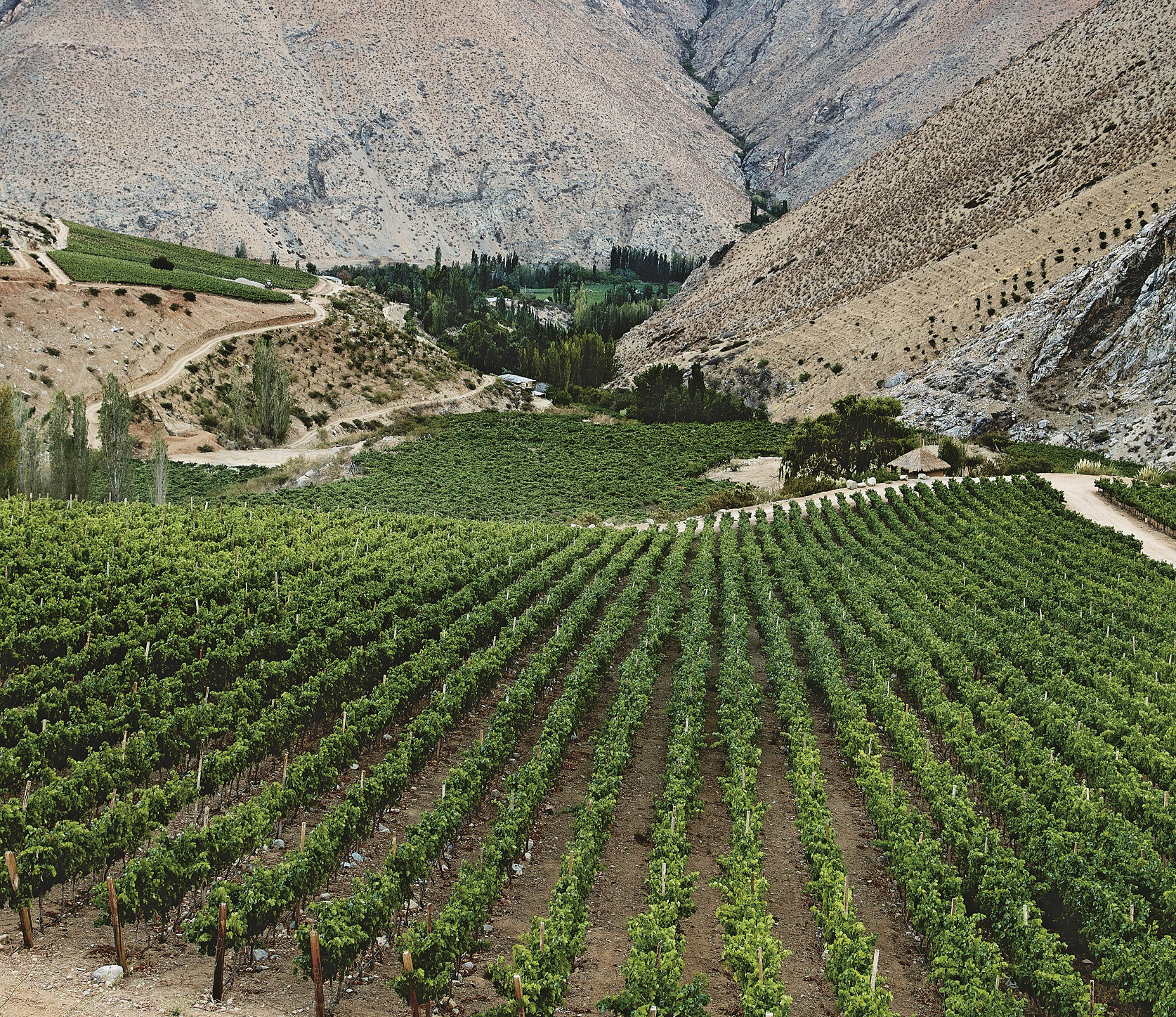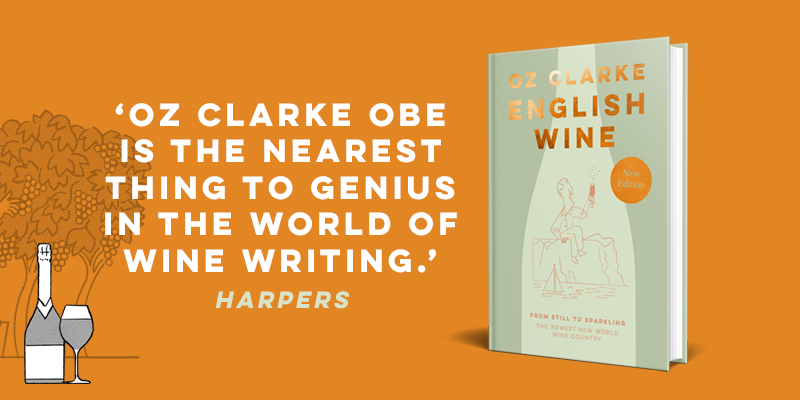Some embrace these techniques, some think they’re pure moonshine; but noticeably fine wines are resulting, finds Jasper Morris MW.

Organics and biodynamics are labels which incite fascination or cynicism in equal measures. Those in favour feel that these methods improve the quality of the wine as well as being ecologically and environmentally sound. The nay-sayers deplore what they see as a lack of scientific rigour, and suspect that the labels are sometimes being used purely for marketing purposes.
Organic vineyards are farmed without the use of chemical intervention, though such naturally-occurring elements as copper and sulphur may be used in compound form (copper sulphate) as a fungicide. There are, though, worries about the possible build-up of copper deposits in the soil, as it does not biodegrade easily. Since 2012 the EU has introduced the concept of Organic Wine, though the regulations in the winery (as opposed to vineyard) are not stringent.
Many producers talk blithely about being organic, but do not seek certification from such organisations as ECOCERT. Others do, but prefer not to say so on the bottle, as they think that the prime message should be the producer, appellation/variety and vintage. Some do also make their certification clear on the label: helpful to restaurateurs and retailers who wish to promote this category, or to consumers who wish to support it.
Biodynamics takes organic farming to a more spiritual level. The father of the movement is widely regarded as being Rudolf Steiner, who gave a series of agricultural lectures in 1924 setting out the broad principles. His best-known follower since then has been Maria Thun (1922-2012), who published an annual biodynamic gardening calendar. Nicolas Joly of Savennières in the Loire Valley was one of the earliest French vigneron proponents of the biodynamic movement, since when the idea has spread widely in Alsace, Burgundy and many other parts of the world. Biodynamic accreditation is through DEMETER (whose French base is in Colmar, Alsace) or BIODYVIN.
Biodynamic ideas combine Man, the Earth and the Cosmos. Some of the ideas are quite straightforward and link easily enough to other belief systems; others seem absolutely out where the buses don’t run. The former include aligning wine-growing and -making to the moon’s progress through the constellations, and essentially homeopathic treatments; the latter planting cow’s horns in the ground (though there is evidence of this in viticulture as far back as the 17th century).
Biodynamicists, like organic winemakers, are accused of using the label as a marketing tool – and doubtless there are exponents who prefer the public relations benefits of biodynamics to the detailed practice. But it is worth pointing out that many of the producers who were quick to espouse this new idea (Zind Humbrecht in Alsace, Leroy, Leflaive, Lafon and many more in Burgundy) were already at the top of the quality tree and had much more to lose than to gain in terms of reputation.
It would be a bold move to ascribe specific qualitative aspects to the wines made by organic or biodynamic methods compared to their conventional counterparts. But watching a number of already high-quality producers across the years as they switch to biodynamic farming, I have observed an enhanced crystalline purity in their wines and a more precise definition of vineyard characteristics.
By Jasper Morris WM, extracted from Exploring & Tasting Wine by Berry Bros. & Rudd Wine School, published by Pavilion.




